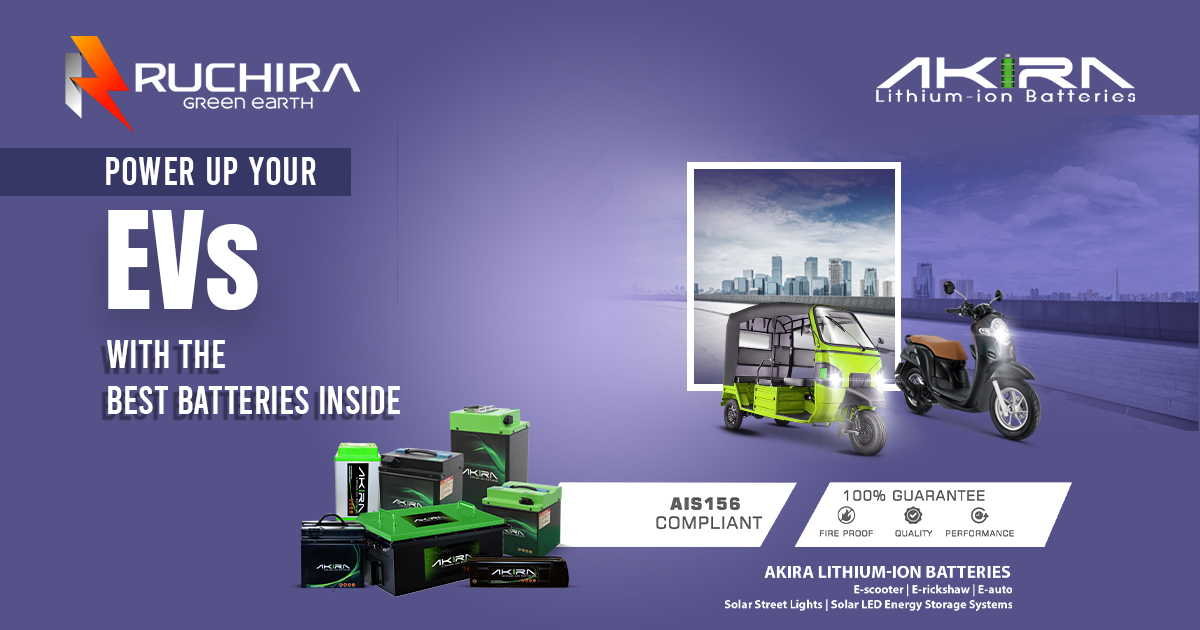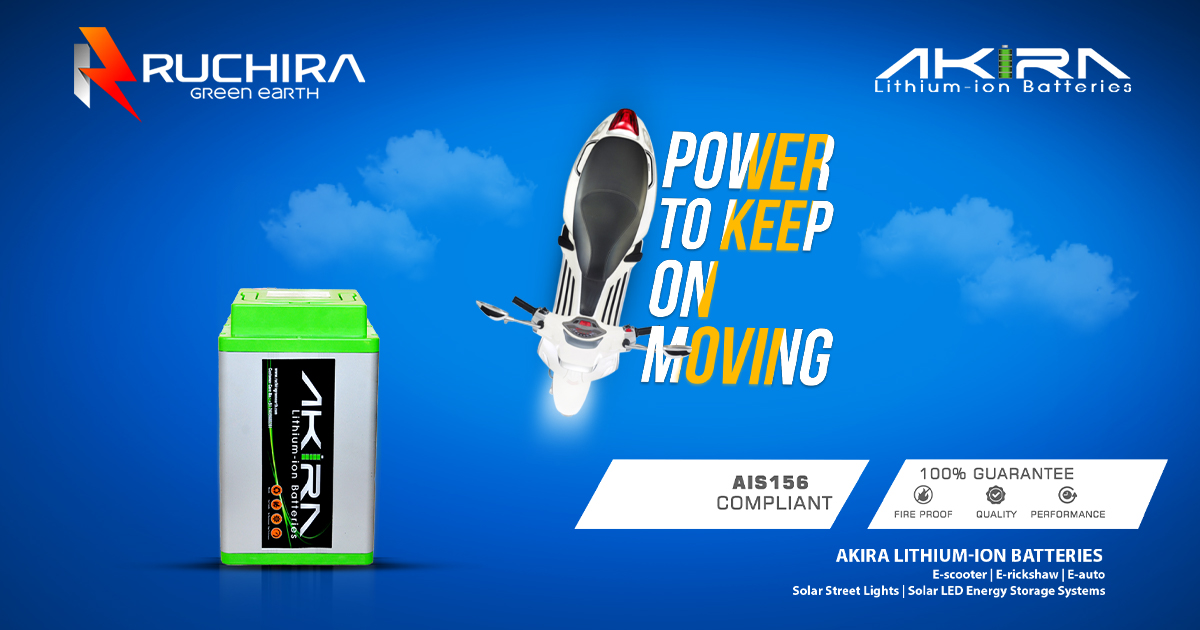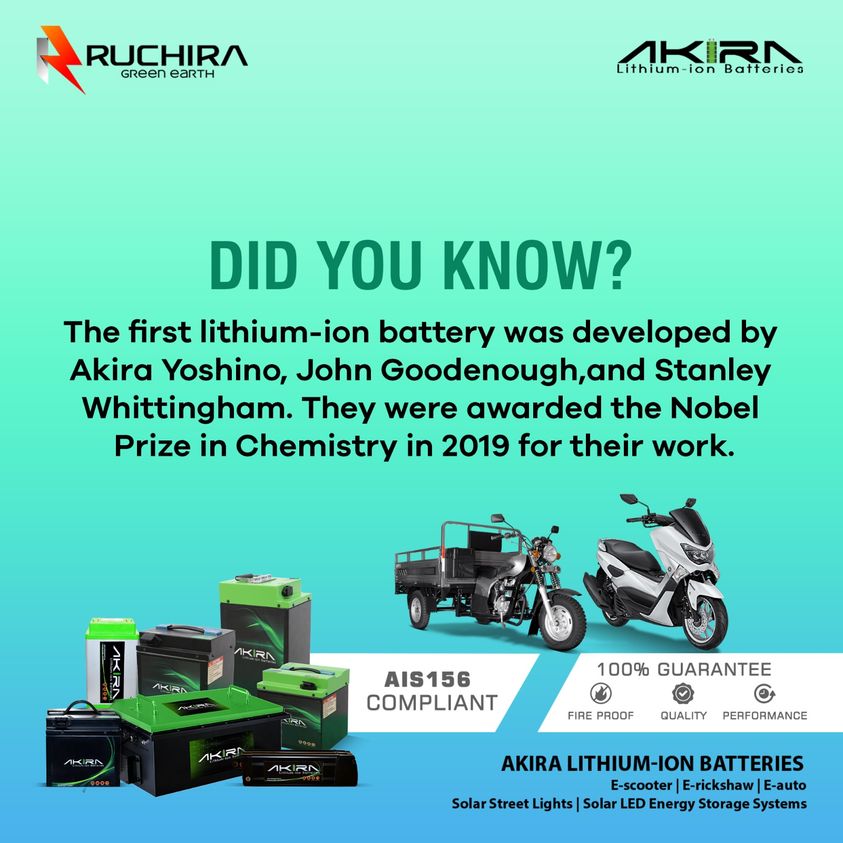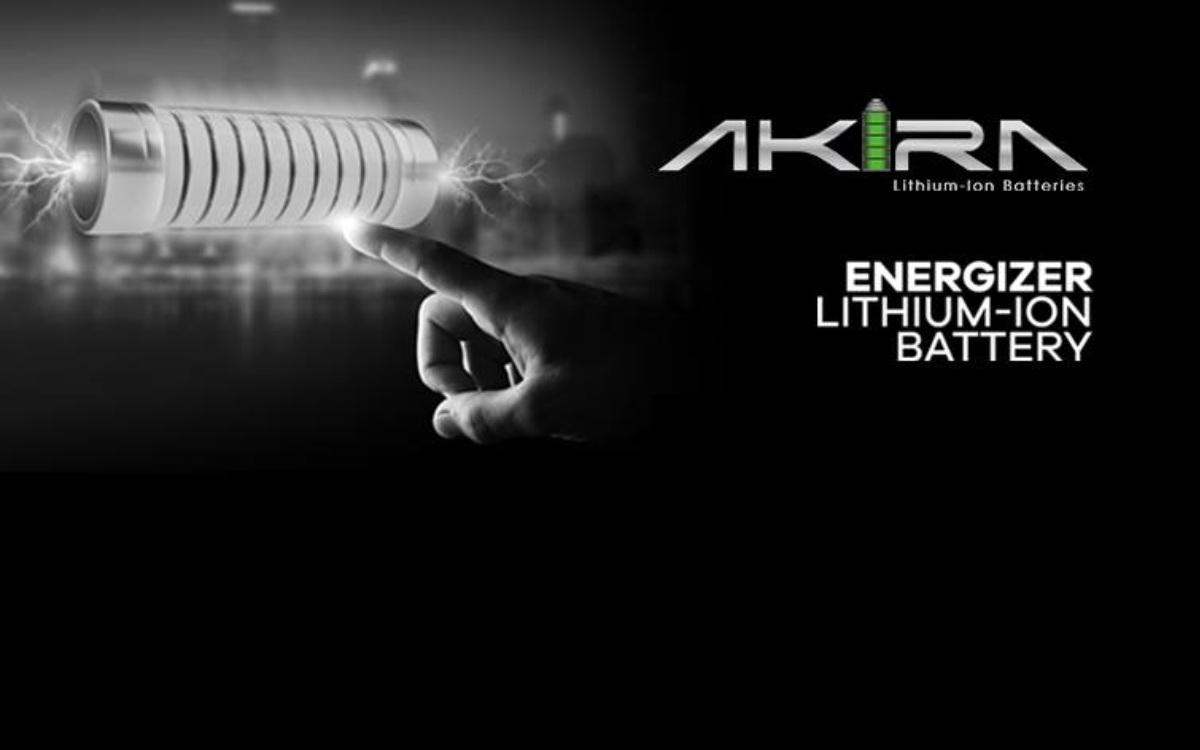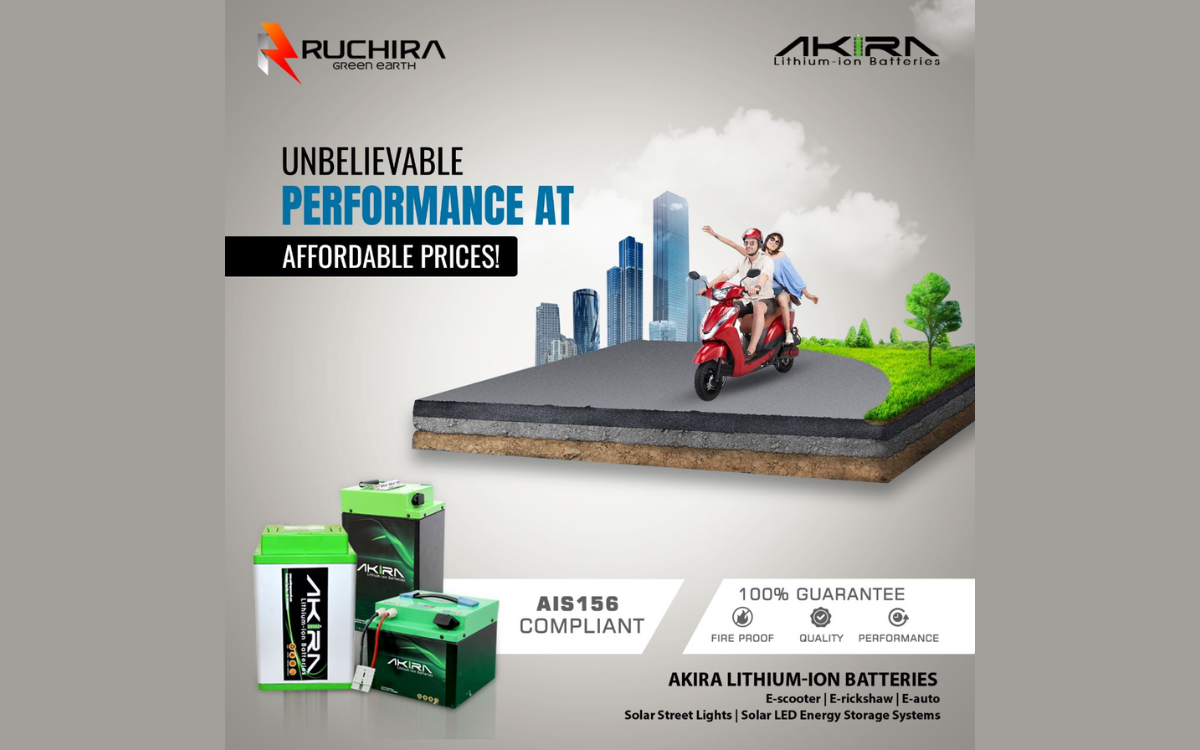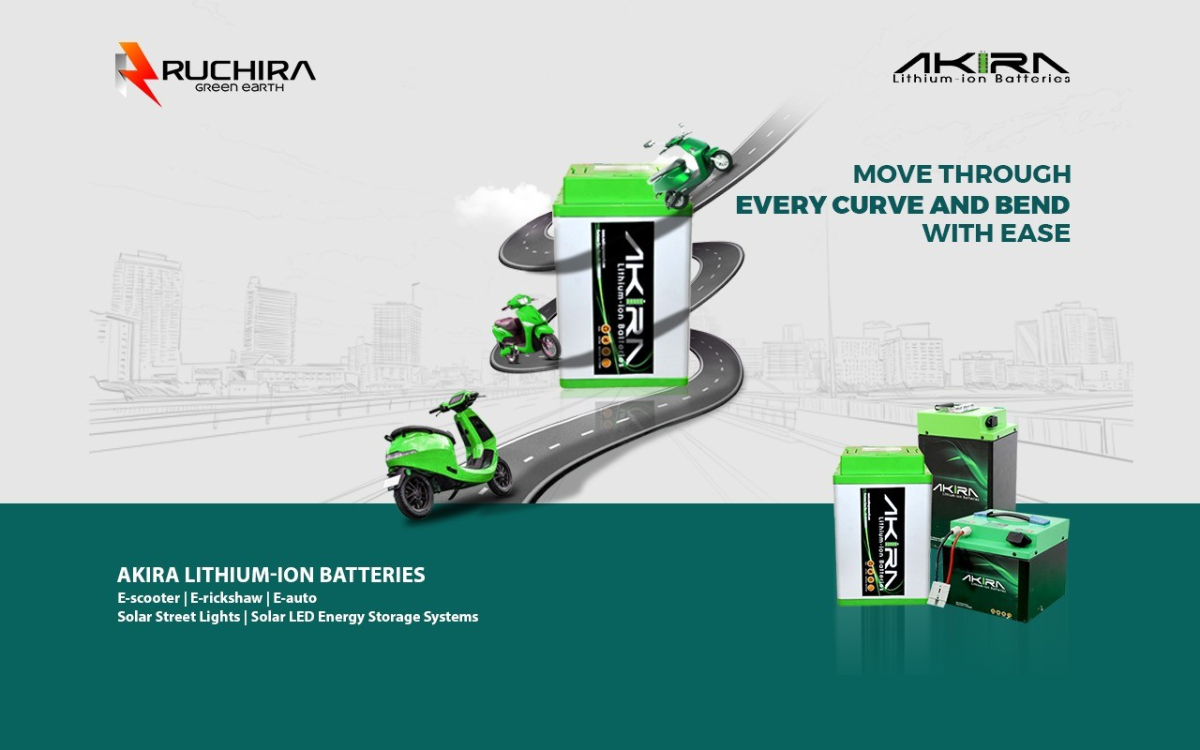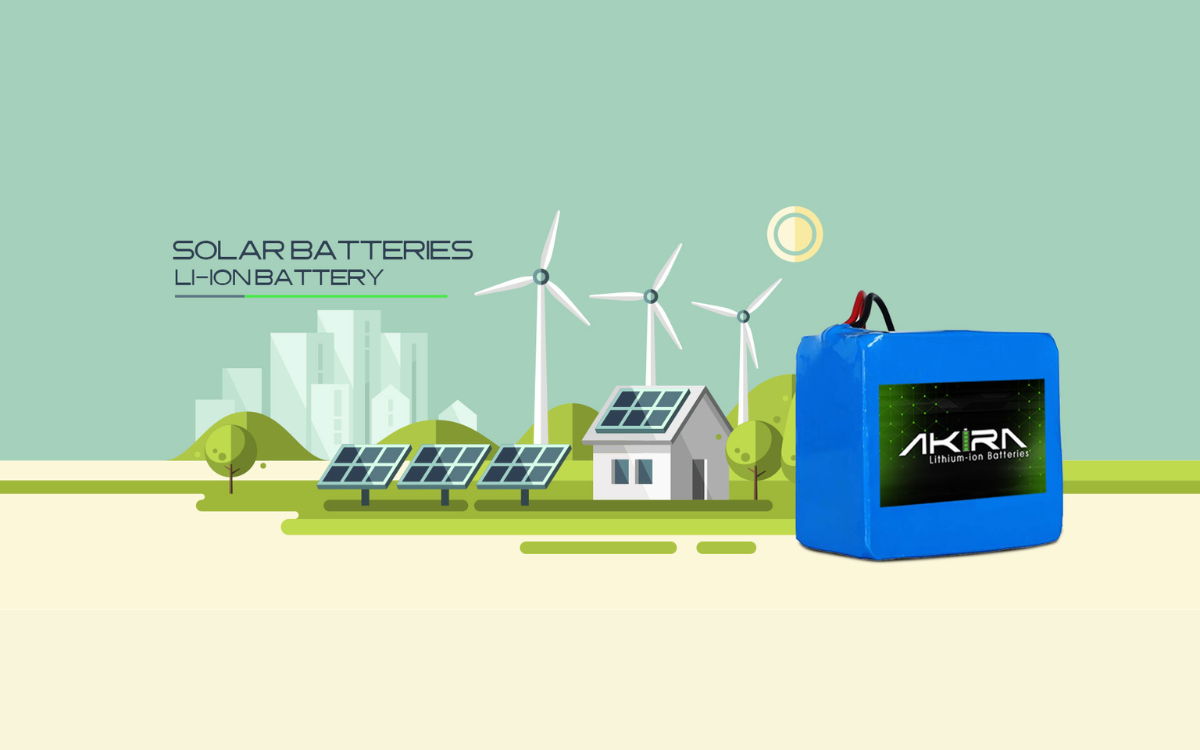In the bustling landscapes of urban cities, the buzz of electric vehicles powered by lithium-ion batteries is becoming increasingly prevalent. This transformation marks a significant shift towards sustainable mobility solutions, particularly in the realm of two-wheelers and three-wheelers. Let’s explore how lithium-ion batteries are revolutionizing urban transportation and why they represent the future of eco-friendly mobility.
Efficiency and Range
Lithium-ion batteries have redefined efficiency in the world of two-wheelers and three-wheelers. Their lightweight construction and high energy density allow these vehicles to travel longer distances on a single charge compared to traditional lead-acid batteries. This extended range is not only convenient for commuters but also essential for delivery services and fleet operators seeking to optimize routes and minimize downtime.
Moreover, lithium-ion batteries boast rapid charging capabilities, significantly reducing the time vehicles spend at charging stations. This quick turnaround ensures that riders and drivers can stay on the move, enhancing productivity and meeting the demands of urban environments where time is of the essence.
Environmental Impact
One of the most compelling advantages of lithium-ion batteries is their minimal environmental impact. Unlike fossil fuel-powered vehicles, electric two-wheelers and three-wheelers produce zero tailpipe emissions during operation. This feature contributes to improved air quality and reduced noise pollution in densely populated cities, promoting healthier and more livable urban environments.
By choosing lithium-ion batteries, riders and drivers not only contribute to environmental sustainability but also benefit from lower operating costs. These batteries require less maintenance and have a longer lifespan compared to traditional alternatives, translating into savings for businesses and individual users over the long term.
The Future of Urban Mobility
As urban populations continue to grow and cities strive for cleaner, more sustainable transportation solutions, the adoption of electric vehicles powered by lithium-ion batteries is poised to accelerate. These batteries not only align with global efforts to combat climate change but also support local initiatives aimed at reducing carbon emissions and promoting renewable energy use.
In conclusion, lithium-ion batteries are transforming the landscape of urban mobility by offering enhanced efficiency, reduced environmental impact, and greater convenience for riders and drivers. With Akira Batteries leading the charge in innovation and sustainability, the future of eco-friendly transportation looks brighter than ever. Embrace the power of lithium-ion technology and join us in electrifying the road towards a cleaner, greener tomorrow.
Take the Next Step with Akira Batteries
Ready to experience the advantages of lithium-ion technology in your two-wheeler or three-wheeler? Contact Akira Batteries today to learn more about our innovative solutions and how they can elevate your urban mobility experience. Together, let’s pave the way towards a more sustainable future with every ride.

